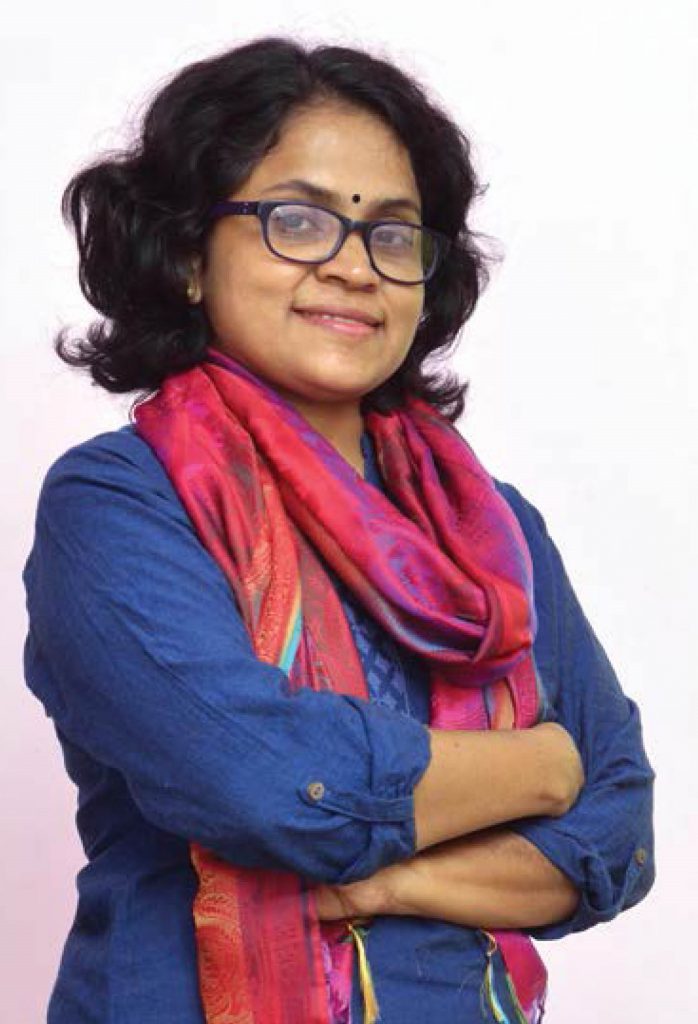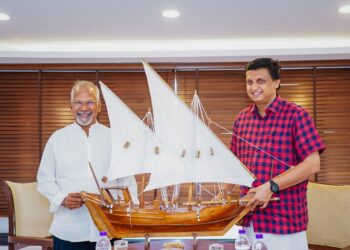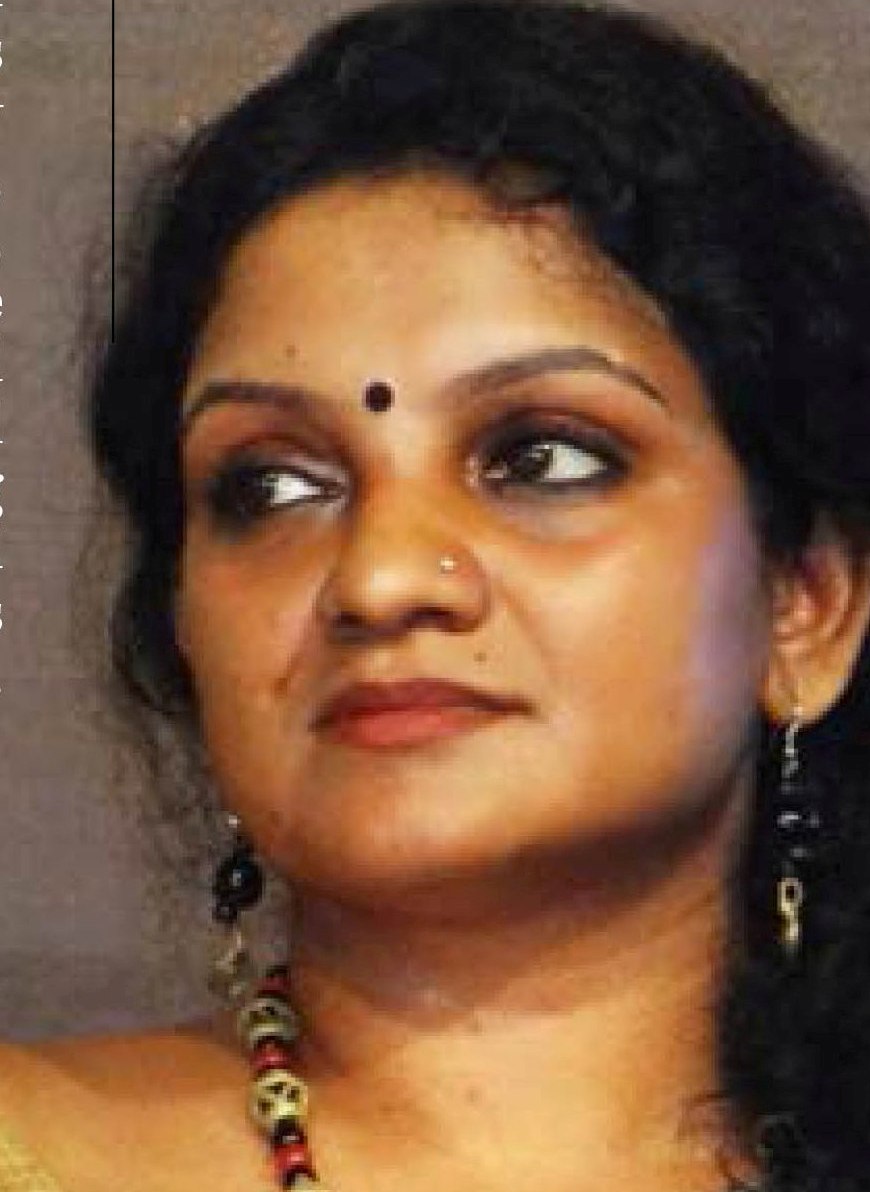A journalist, theatre artist and an activist turned director, Vidhu Vincent, the recipient of the Kerala State award for the best director (2016) has her justification for all she does and that is her uniqueness. The recently formed Women in Collective Cinema (WCC) is one of her active initiatives for women.


Vidhu Vincent, in conversation with Brand Kerala. While talking about her award-winning movie Manhole, she says, “I already had discussed in many platforms the reason behind the filming of Manhole. I am a journalist, and as part of my assignment, I made a documentary film. Then I felt that its subject should be discussed on a wider canvas, deeply. Then I thought of conveying the idea with the help of something wider than a documentary that is how it turned into a feature film.” At first, she was not sure whether the subject was apt for a film and had a little doubt regarding getting a producer. Her wish to convey her idea through a popular medium of communication led her to Manhole, a story of a group of people who are with us, around us. She says, “Though they are in front of us, we do not consider them or care them”. The film also portraits the relationship between caste and job. She adds, “I think I am primarily a journalist than a director or a theatre artist”. Searching answers for ‘what’ and ‘why’ makes people reach certain conclusions. A journalist conveys an idea or issue to people through writing or visuals. She sees herself as a mediator, one who stands between society and an issue to make people responsive. She considers herself as a facilitator, viewing journalism, theatre art and direction as different types of art. There are gender issues existing in society, and ours is essentially a patriarchal one. It is true that the scenario of 50 years back is not now. The life has changed a lot, but gender bias still exists in our society, and the other one is dependency. For example, she says, “If the husband has a good job, the wife will resign her job, a kind of accepted dependency. We have to live independently.” “I don’t know when the woman will realise the importance of solving their problems. If women are there in a work field, then only a women-friendly atmosphere is created. I want to be in the film industry because I want to make a women-friendly atmosphere there too. Every woman should see their job like this. It will be an inspiration to all others. Women should have a good sense of social responsibility. For a working woman, her work should be a platform to express oneself”. The problems faced by women are continuously under debate all through the years. There were some democratic decision makings in all other fields recently, but there is no such democratisation happening in the film field. She observes that “A feudal and patriarchal system exists here. We are only seeing the problems of women in front of the camera. We are not seeing or experiencing the problems of women who are behind the camera. It’s another fact that the number of women behind the camera is very less in numbers. Through an association like WCC, we are trying to see a solution for the women in the industry.” The revolution and reformations are reactions against exploitation. It is certainly a period of change and revolution, a time of transition. There are cyber attacks against the women who react to the odds. At the same time we have a good legacy of revolution, the breast tax system and upper cloth revolt are some examples. We have already a lightened lamp, and we must protect that light from the wind. “I think the strength gained from past revolutions are leading us. I am considering myself as a feminist not a theoretical, but essentially a practical one. No use in preaching theories, we should be a model, practically.” She considers activism as a social responsibility. People who react against exploitation are activists. They have a different platform to express their social responsibility, somebody conduct strikes, and somebody paints. Every mode of activism is strictly related to art. Talking about the forthcoming ventures she says, “Certainly, I have plans, the screenplay of a movie has been completed, and I am searching for a producer. I would start my work from June”. Finally, she talks about her support system, “Kollam is my native place. My family is my strong support, especially my father Vincent, mother Alphonsa, my brother Jose and sister Alby. I have a handful of trustworthy friends. My husband is working with NIT and my daughter Sanjana is in 8th standard. They are also my strong pillars of strength and my greatest plus point too”.













